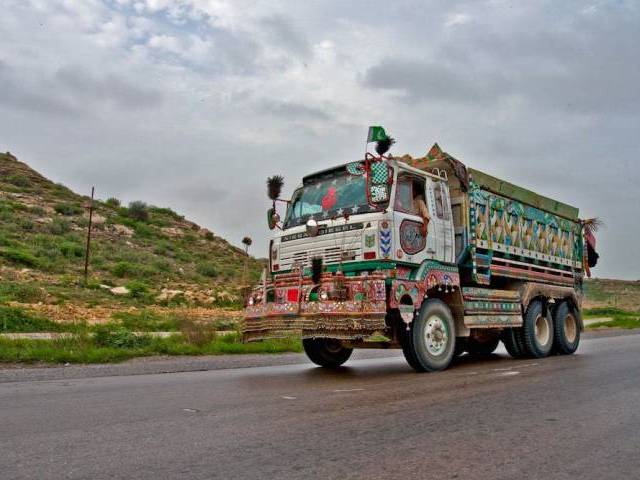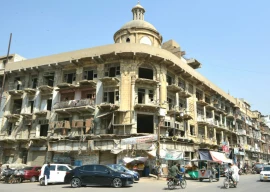
It has become quite clear that Commerce Minister Khurram Dastgir is not pleased with the business community when it comes to Pakistan’s upcoming FTAs with Turkey and Thailand.
Pakistan, Turkey move closer to inking free trade agreement
Dastgir recently commented that he was mindful of the attitude of the business community that favoured a closed economy and reiterated his earlier stance that it should support a liberalised trade policy.
At present, the Ministry of Commerce is busy negotiating FTAs with Turkey, Thailand, Iran and South Korea, believing this will boost exports on a sustainable basis.
The Pakistan Business Council (PBC), a private sector not-for-profit business advocacy association of 47 large companies, disagrees with the government analysis.
“Whilst increasing exports is an important objective of FTAs, managing the overall trade deficit is equally important. Two further dimensions: promoting employment in the domestic economy and achieving fiscal balance are being overlooked by the Ministry of Commerce in its pursuit of the FTAs,” PBC Chief Executive Ehsan A Malik told The Express Tribune.
Ministry’s stance
During discussions with the business community of Karachi on different occasions, Dastgir has been advocating liberal trade, especially with regional countries.

“Pakistan’s exports have benefited from concessions in terms of raw material imports for producing exportable products,” Dastgir recently said on how the FTA with China has helped the country.
However, the business community argues that if the past experience is anything to go by, aside from a very small improvement in the trade balance with Sri Lanka, Pakistan’s trade deficit with other FTA/preferential trade agreement (PTA) partners has moved in the wrong direction.
With China being Pakistan’s most important FTA partner to date, the trade deficit widened from $3 billion in 2006, when the agreement was signed, to over $14 billion in 2015 (both Chinese Customs statistics and Pakistan figures are understated due to under-invoicing).
Iran invites Pakistan for free trade talks
It is true that exports to China grew from $1 billion to $2.5 billion by an average of 10% per annum in the nine-year period. However, imports rose more sharply from $4.2 billion to $16.5 billion with an annual average of 16%.
More ominously, in the more recent period 2012-15, Pakistan’s exports to China declined from $3.1 billion to $2.5 billion whilst its imports grew faster from $9.3 billion to $16.5 billion. As a result, the trade deficit increased from $6.1 billion to $14 billion.
Malik said during the 2012-15 period, Pakistan’s domestic industry weakened significantly from a combination of energy shortage, high energy costs, smuggling and inability to compete with Chinese imports that enjoyed a substantial scale advantage. The situation has not changed much to date.
He said the minister’s desire to open the economy must be seen in the light of Pakistan industry’s ability to compete and the country’s critical need to generate more than two million jobs every year.
Not only calls for industry protection are heard in Pakistan, but anti-globalisation and protectionist trends are also evident in large economies.
The Ministry of Commerce should align its stance with other ministries and stakeholders so that Pakistan could pursue a trade policy that aside from exports and imports also has a favourable impact on key performance indicators such as employment and tax revenues.
“Our efforts should be to leverage the 200 million people to build scale and competitiveness rather than erode it from further exposure to cheap imports,” he added.
The writer is a staff correspondent
Published in The Express Tribune, November 14th, 2016.
Like Business on Facebook, follow @TribuneBiz on Twitter to stay informed and join in the conversation.

1722421515-0/BeFunky-collage-(19)1722421515-0-165x106.webp)






1732084432-0/Untitled-design-(63)1732084432-0-270x192.webp)








COMMENTS
Comments are moderated and generally will be posted if they are on-topic and not abusive.
For more information, please see our Comments FAQ